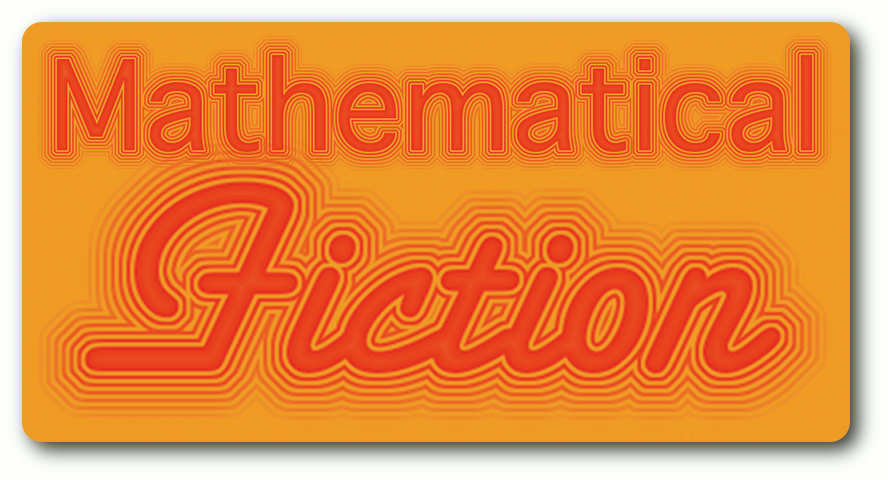| Contributed by
Vijay Fafat
A magnificently pulpy story of one man, Cliff Haven's, struggle against the tyranny of a Martian who enslaves the inner planets of the solar system. As a punishment, Cliff is sentenced to become “the eternal wanderer”, a process by which a living being's essence is broken down into a trillion spectral components, each one conscious but incomplete without all the other parts, scattered across space-time. As the tyrant's mathematician explains:
| (quoted from The Eternal Wanderer)
“What you see is but the mechanical counterpart of what has hitherto been the most abstract of mathematical forms of analysis — the matrix. By means of matrix mathematics any given problem is dissociated into an infinite series of quantities arranged in a systematic array, and can thus be studied and relationships discovered which would otherwise have remained forever indecipherable. I have only made a machine to dissociate the problem into a matrix pattern but I have been able to limit the matrix series to a finite number of dissociants”
|
The description of what Cliff feels after he's scattered is quite beautifully described:
| (quoted from The Eternal Wanderer)
“He was a matrix, a dissociation into an infinitude of symbols, each somehow himself, yet each curiously incomplete, demanding union with the totality with a yearning beyond all mortal anguish. The universe of things held him entire, yet he was nowhere […] Somewhere, unimaginable eons away, a universe was expanding, gobbling up the formlessness into the pattern of its warp: but here it was not yet. Perhaps it would never be. Yet it was empty; was it void of all things? […] Something brooded over the emptiness, something beyond all cosmic imaginings”
|
The “greatest mathematician in the entire [solar] system” and his daughter, who is obligatorily in love with him, try to save Cliff, after the mathematician's marvelous declaration, “I've staked everything on the function of the square root of minus one in the brain machine. If that integrates properly to positive unity, then according to my theory the entire matrix equation should reintegrate and reproduce Cliff exactly as he was before he was dissociated” but then, an error occurs:
| (quoted from The Eternal Wanderer)
“My Lord! What have I done? I made a mistake! The equation is wrong. I integrated “I” to positive unity, but that reverses the positions of “q” and “p”. He will be “pq — qp”, not the other way round. Heaven knows what he will be!”
|
Cliff comes back as a superman because, “all the equations indicate that with the reversal of the matrix coordinates, “h”, the quantum of action, is raised to the fourth exponential power. That can mean only one thing: that the energy states of the reconstituted being would require a four-dimensional continuum”
Cliff finally uses his god-like powers to liberate the system, kill the tyrant and get himself back into his old, mortal form back. The wanderer returns home.
|

